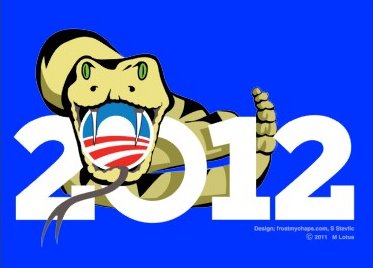Ibn Khaldun, the great Muslim historian, in his Introduction to History:
Taxation and the reason for low and high tax revenues
It should be known that at the beginning of a dynasty, taxation yields a large revenue from small assessments. At the end of the dynasty, taxation yields a small revenue from large assessments.
The same reason for this is that when the dynasty follows the way of Islam, it imposes only such taxes as are stipulated by the religious law, such as charity taxes, the land tax, and the poll tax. Theses have fixed limits that cannot be exceeded.
When the dynasty follows the ways of group feeling and (political) superiority, it necessary has at first a desert attitude, as has been mentioned before. The desert attitude requires kindness, reverence, humility, respect for the property of other people, and disinclination to appropriate it, except in rare instances. Therefore, the individual, the individual imposts and assessments, which together constitute the tax revenue, are low. When tax assessment and imposts upon the subjects are low, the latter have the energy and desire to do things. Cultural enterprises grow and increase, because the low taxes bring satisfaction. When cultural enterprises grow, the number of individual imposts and assessments mounts. In consequence, the tax revenue, which is in sum total of (the individual assessment), increase.
When the dynasty continues in power and their rulers follow each other in succession, they become sophisticated. The Bedouin attitude and simplicity lose their significance, and the Bedouin qualities of moderation and restraint disappear. Royal authority with its tyranny and sedentary culture that stimulates sophistication, make their appearance. The people of the dynasty then acquire qualities of character related to cleverness. Their customs and needs become more varied because of the prosperity and luxury in which they are immersed. As a result, the individual imposts and assessments upon the subjects, agricultural labourers, farmers and all the other tax payers, increase. Every individual impost and assessment is greatly increased, in order to obtain a higher tax revenue. Customs duties are placed upon articles of commerce and (levied) at the city gates. Then, gradual increases in the amount of the assessments succeed each other regularly, in correspondence with the gradual increase in the luxury customs and many needs of the dynasty and the spending required in connection with them. Eventually, the taxes will weigh heavily upon the subjects and overburden them. Heavy taxes become an obligation and tradition, because the increase took place gradually, and no one knows specifically who increase them or levied them. They lie upon the subjects like an obligation and tradition.
The assessments increase beyond the limits of equity. The result is that the interest of the subjects in cultural enterprise disappears, since they compare expenditure and taxes with their income and gain and see little profit they make, they loose all hope. Therefore, many of them refrain from all cultural activity. The result is that the total tax revenue goes down, as individual assessment go down. Often when decrease is noticed, the amounts of individual imposts are increased. This is considered a means of compensating for the decrease. Finally, individual imposts and assessments reach their limit. It would be of no avail to increase them further. The costs of all cultural enterprise are now too high, the taxes are too heavy, and the profits anticipated fail to materialize. Finally, civilization is destroyed, because the incentive for cultural activity is gone. It is the dynasty that suffers from the situation, because its profits from cultural activity.
If one understands this, he will realize that the strongest incentive for cultural activity is to lower as much as possible the amounts of individual imposts levied upon persons capable of undertaking cultural enterprises. In this manner, such persons will be psychologically disposed to undertake them, because they can be confident of making a profit from them.
Read more

